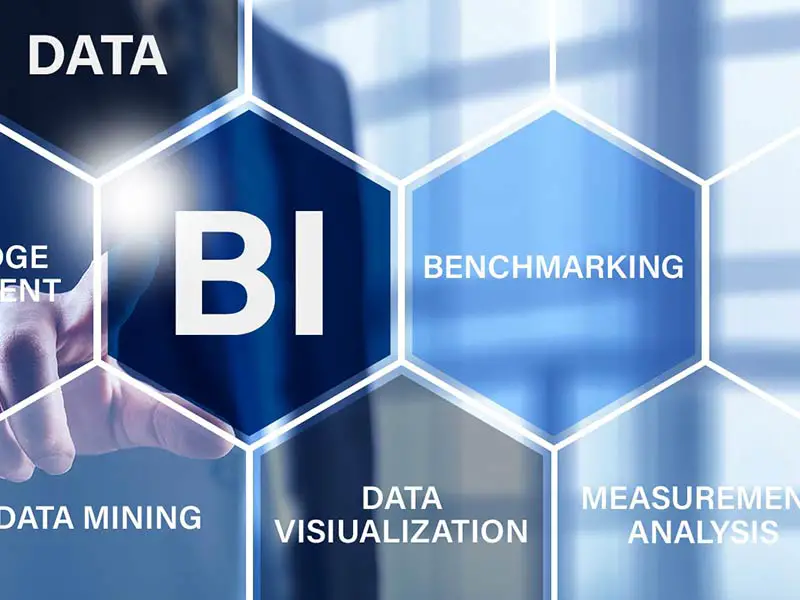
Visits: 1
Overview of Business Intelligence
Business intelligence evolved from the 1960s as an information-sharing system among organizations through the 1980s, when it was associated with computers and various IT-reliant service solutions. Modern firm Intelligence is a little more sophisticated, but it fundamentally provides a holistic view of the firm to help in decision-making. In this new article you will know all about Business Intelligence.
What exactly is Business Intelligence?
This broad phrase refers to all processes and methods for gathering, storing, and analyzing data from corporate operations in order to improve overall performance. corporate intelligence encompasses all of the technology, tools, and techniques used to collect, integrate, analyze, and present corporate information to enable better, data-driven decision-making. Analysts can use Business Intelligence to identify trends that will help them enhance sales and revenue.
Trends in Business Intelligence
Organisations are now seeking ways to develop Business Intelligence for enhanced business processes. Here are some of the emerging trends so far:
1. Self-Service Business Intelligence
One of the biggest trends in modern Business Intelligence is the implementation of Self-Service Business Intelligence (SSBI) whereby end-users are able to access an organisation’s information, without the necessary technical skill. The SSBI is flexible and user-friendly, so that end-users are able to analyse data and make decisions themselves.
2. Artificial Intelligence
The implementation of Artificial Intelligence (AI) automation is commonplace in many forward-thinking companies, with constant adaptions being made to fine-tune systems. One example of this Business Intelligence use is the creation of chatbots being used across industries.
3. Increased automation
Human error is being phased out as data-related tasks are being done completely by machines. This is being seen in Business Intelligence analytics for smooth running within the productivity stages of organisations.
Business Intelligence processes
Here is a look at some of the processes that can be expected from Business Intelligence:
Data mining – this is the use of databases, statistics and machine learning to discover trend patterns.
Data visualisation – data is represented as charts, graphs and histograms.
Visual analysis – using storytelling to communicate data insights.
Reporting – data analysis is shared for effective decision-making.
Performance metrics / benchmarking – when performance data is compared to historical data to track performance goals.
Descriptive analytics – preliminary data analysis determines what has happened in the past.
Querying – BI will provide relevant data-specific information requested.
Statistical analysis – when descriptive analytics’ results are analysed to understand trends.
Benefits of Business Intelligence
Organisations from all industries are benefiting from the implementation of Business Intelligence software.
These include, among others:
- Analysing customer behaviour and discovering ways to improve relations
- Identifying market trends
- Streamlining operations
- Identifying areas of increased profit potential
- Tracking performance and predicting areas of success
- Early identification of problem areas for quick resolution
- Data comparison to keep up with competitors


%20(1).png)


